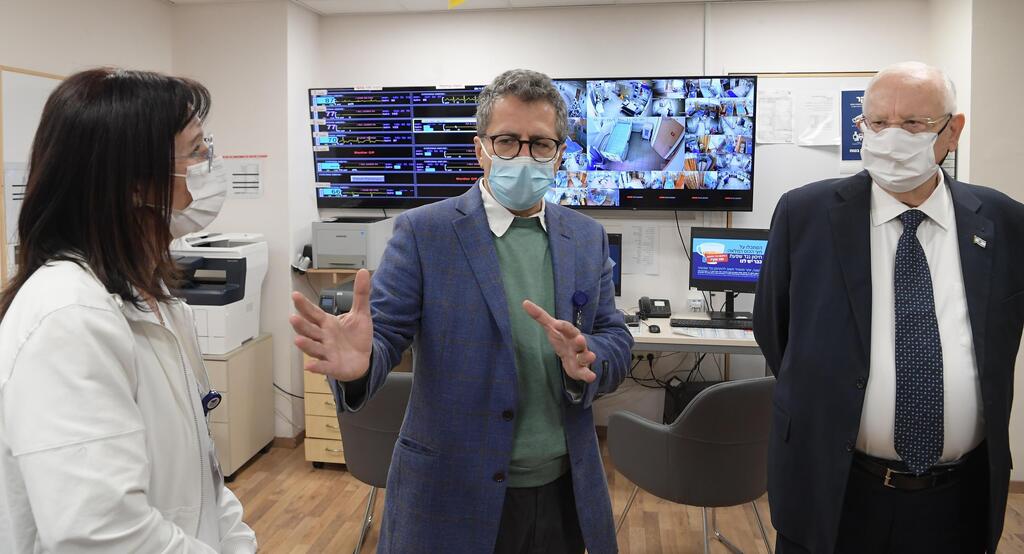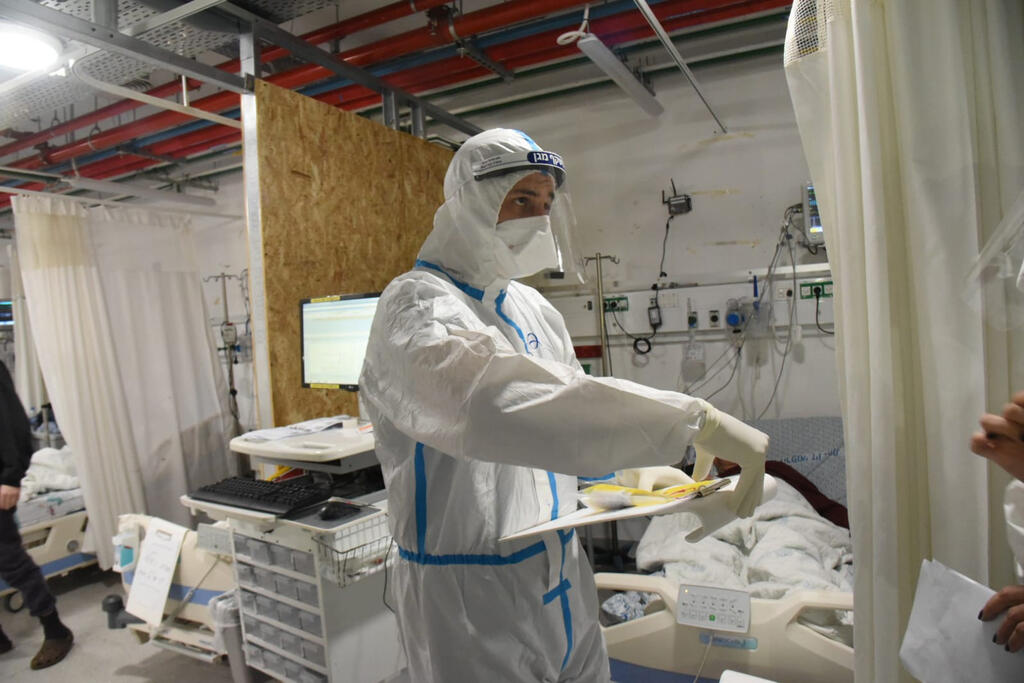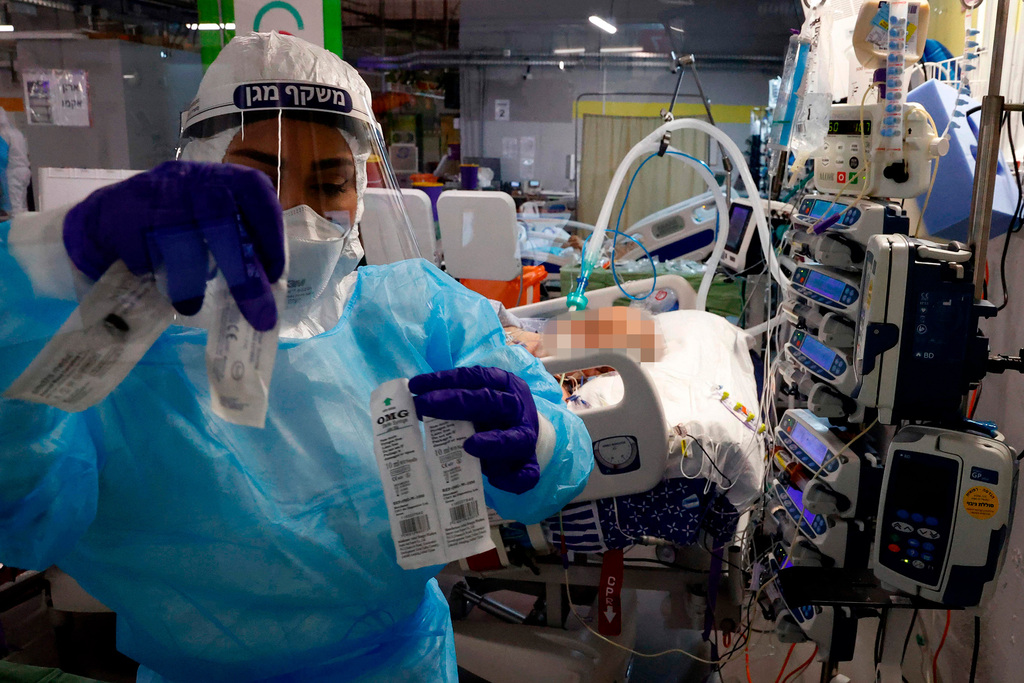Getting your Trinity Audio player ready...
The war against coronavirus is a campaign that is fought in teams.
At the start of the pandemic a year ago, lack of knowledge reigned supreme.
Fear of contracting the virus was running high, especially infecting loved ones. Treatment methods were unknown and medical teams had to understand what to do on the fly.
We experimented, learned, shared information and even today – a year on – we still find ourselves having to treat patients without enough medical information or treatment options.
The physical and intimate connection you have with a patient is different, lacking and hard for both sides, with terrible loneliness that is unbearable.
At the start, families were not allowed to visit their loved ones due to the risk of infection. Later on, we allowed visits, but patients still find themselves alone most of the time.
Medical teams have done all they can to relieve this sense of isolation, later helped by volunteers who had recovered from the virus.
Working in full protective gear is physical labor; the outfit is hot and cumbersome, making routine actions extremely difficult. It requires a rapid and constant rotation of personnel, increasing the demand for manpower.
A patient connected to an ECMO heart and lung machine requires a specially trained nurse for the task, which obviously are hard to come by.
Doctors and nurses from other wings had to move over to the dedicated virus wards, which caused an overload in their original stations. Many staff also had to enter quarantine, exacerbating the problem.
One of the hardest challenges in this grinding work is the sad truth of coronavirus patients. One minute a once perfectly healthy person is fine and the next their systems begin to fail and they succumb.
This sad reality and the emotional and physical toll it brings - and for such a long period - has brought staff to the point of near collapse.
At the beginning of the pandemic, the public showered medical staff with praise and cheers, helping boost our morale at such a desperate time.
Decision-makers also devoted their attention to them, visiting the frontline and listening to health workers and their experiences.
Now, this support and sympathy must be translated into real change in priorities. A change that will give the health system the position it deserves as Israel's social Iron Dome.
3 View gallery


President Reuven Rivlin, right, visiting the coronavirus ward at Ichilov hospital in Tel Aviv
(Photo: GPO)
We have the finest people in the world, filled with the finest knowledge. But we also needed lockdowns to prevent hospitals from collapsing under the weight of demand.
Only our leaders can stop such disasters from happening. Just as Israel is more than capable of boosting its defensive capabilities to protect its citizens, so should resources be allocated to provide those same citizens with the basic right to good healthcare.
Answering the pleas of we hospital directors for more beds and manpower and adequate state support is a first and vital step to ensure not only the wellbeing of Israel's health system, but of its society as a whole.
Dr. Osnat Levtzion-Korach is the director-general of Shamir Medical Center



